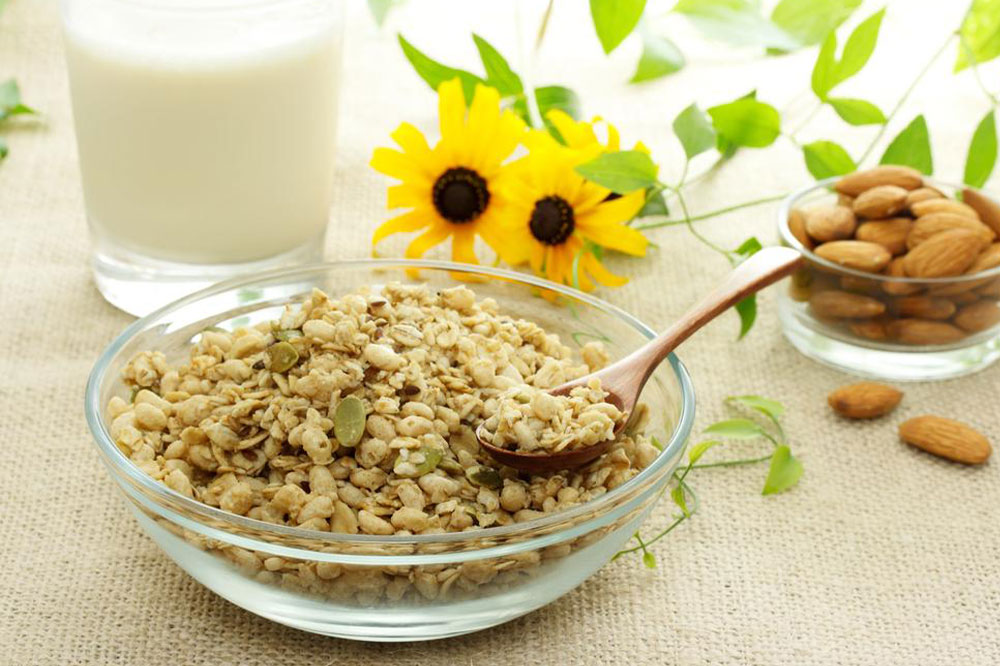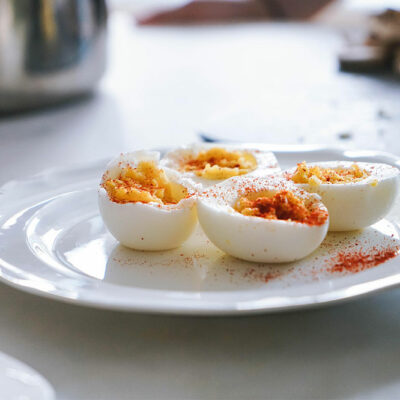
6 Dietary Tips That Can Help Prevent DVT
Deep Vein Thrombosis (DVT) leads to the formation of blood clots in the veins, and the condition mostly affects the legs. These clots can also move to the lungs and cause serious complications, but dietary choices play a key role in preventing and managing DVT. Here are six diet tips to help prevent DVT:
Eat heart-healthy foods
One of the most effective diet tips to help prevent DVT is to eat foods that promote heart health. A heart-healthy diet helps reduce blood pressure and blood cholesterol, reduces the risk of diabetes, and aids weight loss. All these directly impact the risk of DVT, as being overweight or diabetic or having high blood pressure increases the risk of this condition.
A heart-healthy diet should:
- Be rich in high-fiber fruits and vegetables
- Include whole grains instead of processed grains
- Include low-fat protein sources like lean meat
- Include healthy oils like canola oil, olive oil, sunflower oil, or plant-based oils
- Avoid excess salt and sugar
- Avoid fried, processed, and junk food
Include garlic
One of the foods that are extremely helpful in preventing DVT is garlic. This common spice helps reduce blood cholesterol levels, lowering the risk of DVT. It is also believed that garlic can be helpful in breaking clusters of platelets in the blood, which can potentially become clots.
Garlic should ideally be eaten raw (2-3 pods), and they should be crushed before eating to ensure that the nutrients are released into the bloodstream.
Stay hydrated
People don’t drink sufficient water or fluids, but the intake of 1.2 to 1.5 liters of water is essential on a daily basis. Water can be very helpful in keeping the blood flowing, while dehydration increases the risk of blood thickening, which can lead to a clot.
To find out whether one is drinking sufficient water, they can check their urine color. If it is pale yellow or clear, it means they’re drinking an adequate amount of water. Else, they need to increase their water consumption, especially if the urine color is very dark.
Also, water and fresh juices help hydrate the body, but sodas, sugary beverages, and coffee do not help.
Drink grape juice
Grape juice and even red wine can be consumed in moderation to prevent DVT. Studies have shown that grape juice contains an antioxidant called polyphenol, which prevents blood platelets from sticking together, preventing clots and DVT.
Limit alcohol consumption
Alcohol is harmful to overall health in many ways. It can cause heart problems, liver disease, and kidney disease, so it should be avoided. If not, it must be consumed in moderation, that is, not more than one drink per day.
Make a plan
Another effective diet tip to help prevent DVT is to plan the meals to include healthy foods and avoid trigger foods and beverages.


